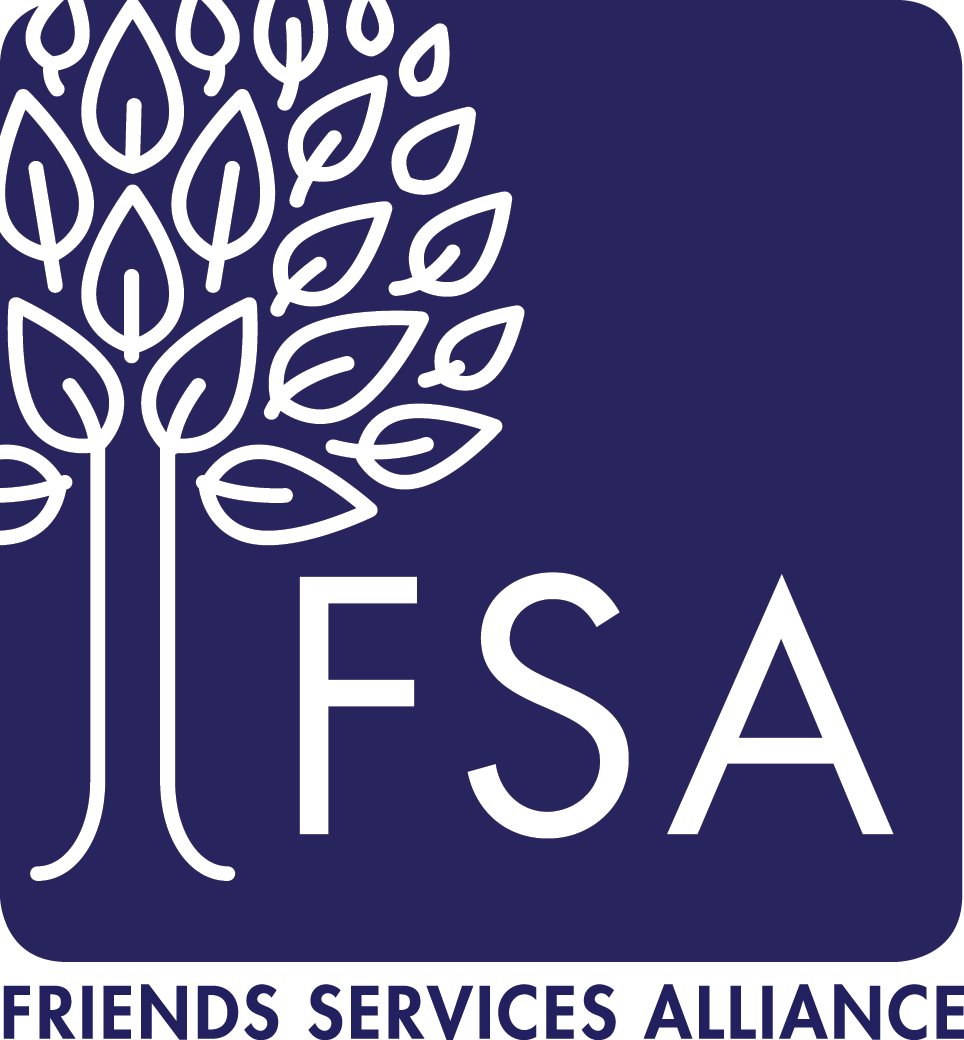Video Reflection Questions: An Overview
Quaker History & Beliefs: An Overview
Concepts Covered
- There is a Spark of the Divine in everyone, also described as the “Inner Light” or “That of God” in each person
- Quaker terms for God (Inner Light/The Spirit/The Light Within/The Divine)
- Each human being has access to this deep connection with The Divine
2. Types of Quaker Meetings
Unprogrammed Quaker Meeting | Friends General Conference (generally located on East coast)
- Every person is known by God and can know God in a direct relationship.
- The Quaker faith has deep Christian roots. Many Quakers consider themselves Christians, and some do not. Many Quakers find meaning and value in the teachings of many faiths.
- Quakers strive to live lives that are guided by a direct encounter with the Divine, more than by teachings about the Divine. Quaker terms for the Holy include God, the Seed, the Light Within, and the Inward Teacher, among others.
- Testimonies are ways that Quakers have found to express our experience of the Divine in our lives. Some of the best recognized testimonies include simplicity, integrity, equality, community, and peace.
Semi-Programmed Quaker Meeting | Friends United Meeting (generally in the midwest)
- God is love and wants to communicate inwardly with everyone who is willing.
- Worship is spiritual and must be Spirit-led.
- All people are equal before God and may minister as they are led by God.
- Jesus Christ is our present Teacher and Lord, and we seek to conduct church affairs in unity under his guidance.
- The Spirit of God gives guidance that is consistent with the Bible.
- As people respond to the Light of Christ within, their lives begin to reflect Jesus’ peace, integrity, simplicity, and moral purity.
- We celebrate the wonder of God’s love and seek to reflect that love in service to others. We rely on Jesus Christ for salvation and emphasize the importance of listening inwardly to the living word of God. The peace, simplicity, equality, moral purity, and integrity that result offer hope to a broken world. It is our joy to share the love of God and the transforming power of the Holy Spirit with all people everywhere.
Evangelical | Evangelical Friends International (generally west coast, Africa, South America)
- We believe in the one loving God of the Bible, who created and sustains the universe. He exists eternally in three persons–Father, Son and Holy Spirit.
- We believe in Jesus Christ, the only Son of God, who lived a perfect life and by His sacrificial death and amazing resurrection made the only acceptable payment for the penalty of mankind's rebellion and wrongdoing.
- We believe the Holy Spirit is God's presence on earth, the One Jesus promised to send to live in the hearts of all Christians empowering them to live according to the pattern of Jesus' life on earth.
- We believe the Bible is the written word of God accurate and fully authoritative in all it says. Through the Bible, God reveals the meaning of life and the way to authentic faith.
- We believe God created mankind in His image to enjoy perfect companionship with God. Disobedience to God's authority destroyed that companionship creating a void in the human heart. This void can only be filled by a repaired relationship with God made possible by Jesus' sacrifice.
- We believe the Church is the community of all who believe on Jesus Christ–the living presence of Jesus in the world proclaiming His good news and transforming the world by its presence, service, and love for others.
3. Continuing Revelation
- Continuing Revelation or discernment moment-by-moment is primary.
- Emphasis on present moment experience (vs. interpretation) of the Spirit/God.
- Supports the idea of God’s truth being continually revealed.
- Listening in silent expectation to discern what is being revealed.
Reflection Questions
- Why do you think it is important for people who live work and govern in Quaker organizations to understand where the values originate?
- What are your values and how do you live them in your everyday life?
- How would you define continuing revelation in your own words? Have you seen or experienced examples of continuing revelation?
- How important were the organization’s values when you were choosing to work at your organization? Are the values consistent with yours?
